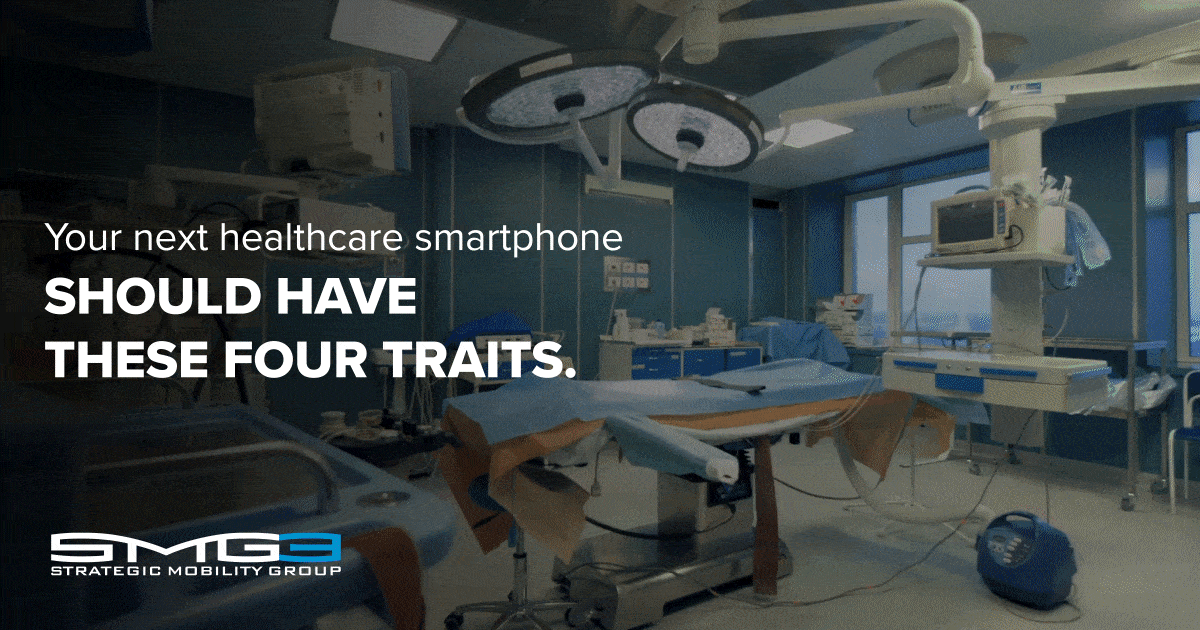The 2020 healthcare crisis set an unprecedented strain on hospitals across the globe, creating a surging demand in effective technologies to preserve quality care. Studies show that within a span of a year, previously underused systems such as telehealth gained traction as healthcare providers struggled to serve more patients within less time to mitigate exposure. Now, as most American facilities navigate through dual-dosage vaccine tracking and long-term EHRs, healthcare technologies must still retain their simplicity to secure undisruptive care. As a result, new healthcare-technologies should strive to simplify workflows, empowering staff to focus solely on patient care. To do this, new technologies should unburden IT teams through:
- Coordinated communication systems – To serve large influx of patients, doctors and nurses require healthcare smartphones that break down communication barriers between staff and patients in and out of the facility. Furthermore, communication channels should also seek to connect administrators with caregivers to quickly notify teams of surprise needs, changes in regulations, and risks.
- Verifiable cybersecurity – Once again, with the increase in patient quantity comes an increase in sensitive data. In 2020 alone, hospitals saw a 55.1% increase in cyberattacks due to rapid shifts to remote work, laxed bring-your-own-device policies, and outdated record-keeping software.
- Easily updatable EHRs – As with any other industry, manual data entry can hinder teams in the long run. When it comes to healthcare, typed forms produce 1 error per 90 keystrokes, amplifying safety risks and contributing to preventable medical errors. On the other hand, healthcare smartphones can eliminate manual data entry with intelligent data capture and real-time connectivity to your shared database.
- Scalable cloud storage to accommodate big data – The Digital Era had already impacted healthcare way before the COVID-19 outbreak, connecting different steps of the healthcare supply chain through big data. Consequently, cloud storage has also gained the forefront of hospital modernization since it enables secure data sharing and predictive analytics to better assess patient needs and prioritize treatments.
Intelligent technology will continue to play an integral role in ensuring superior patient care. To learn more about the latest rugged smartphones reshaping healthcare, contact SMG3 and start pinpointing optimization areas within your facility for hassle-free modernization.



